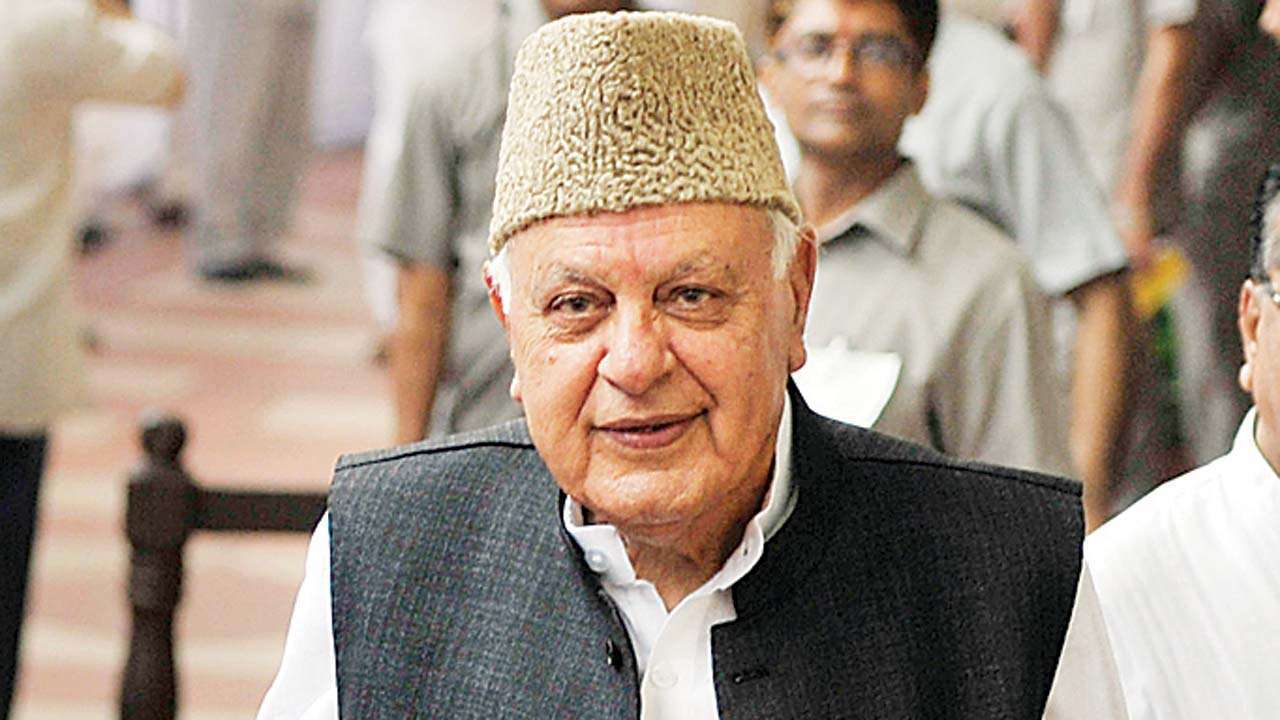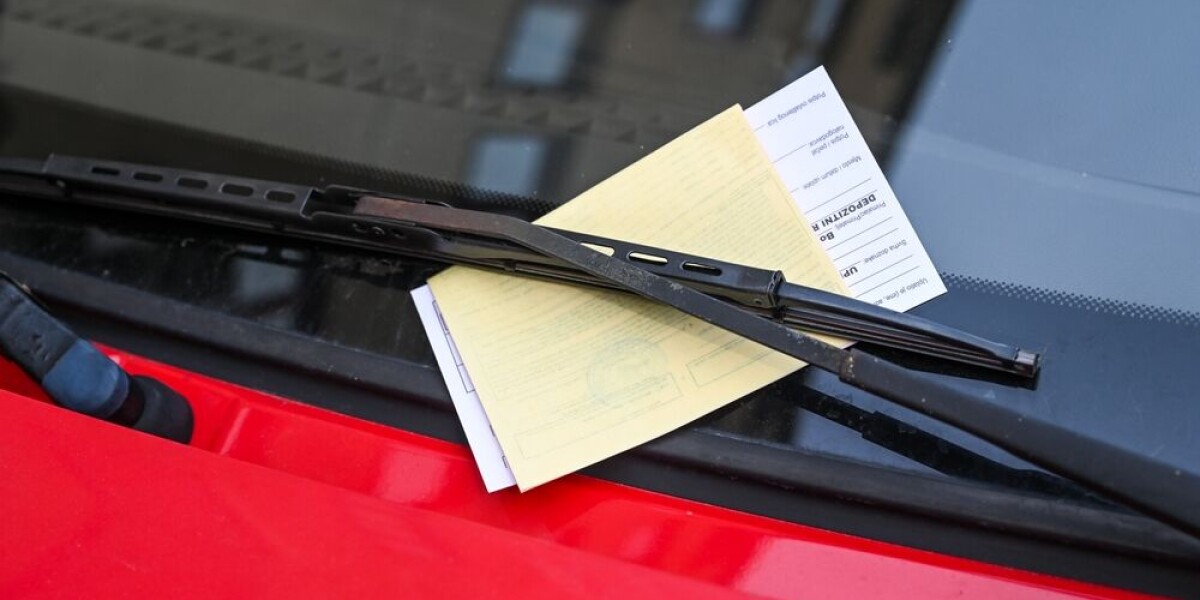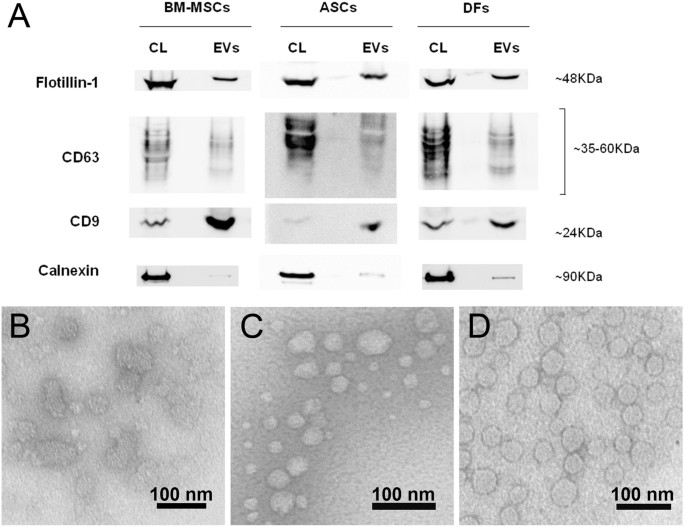
- Select a language for the TTS:
- UK English Female
- UK English Male
- US English Female
- US English Male
- Australian Female
- Australian Male
- Language selected: (auto detect) - EN
Play all audios:
Reporting from New Delhi and Washington — President Obama on Monday endorsed India’s bid for a permanent seat on the United Nations Security Council, a declaration aimed at bolstering
relations with New Delhi but one that is unlikely to shake up the world body any time soon. In an address to Parliament on the final day of his three-day visit to India, Obama said the move
would strengthen the United Nations, but he did not mention that India’s neighbor and rival China would almost certainly reject it. Each of the five permanent members of the council — the
U.S., China, Russia, France and Britain —holds veto power. “The just and sustainable international order that America seeks includes a United Nations that is effective, efficient, credible
and legitimate,” Obama said. “That is why I can say today: In the years ahead I look forward to a reformed U.N. Security Council that includes India as a permanent member.” The statement
gave Indian Prime Minister Manmohan Singh one of his top-priority requests of the United States, even though specifics of the U.S. position remain vague and membership for India, if it ever
comes, is many years away. William J. Burns, the undersecretary of State for political affairs, acknowledged that securing a spot for India on the council “is bound to be a difficult process
and it’s bound to take a significant amount of time.” He did not go into details of the U.S. vision and whether it included giving India veto power. The move is a signal from Obama about
how the United States sees Asia’s future. The administration has been working to strengthen the partnership with India at a time when both countries want to counter a more assertive China.
U.S. officials publicly downplay concerns about China, but they also have been trying to strengthen ties with Southeast Asian nations, as well as with Japan and South Korea. Even just an
endorsement of a permanent Security Council seat for India may cause diplomatic turbulence. Not only does China oppose India’s membership, but the announcement is likely to be viewed with
concern in Pakistan. It also signals that the Obama administration is putting a higher priority on India than longtime allies Germany and Japan, which also seek permanent seats. Ashley
Tellis, who was a Bush administration advisor on South Asia, said the administration has supported Japan’s bid for membership with weaker language. “That the U.S. has supported India over
treaty allies like Germany is very significant — it speaks volumes for how Obama thinks about India. The most unhappy states will be Pakistan and China,” said Tellis, who is now with the
Carnegie Endowment for International Peace. Obama administration officials have been divided on the wisdom of adding new members to the Security Council. Some fear that expanding the body
could make it tougher to marshal support for potential action against countries such as Iran and North Korea. Obama also briefed Singh on the findings of an inquiry into what the U.S.
intelligence community knew about David Coleman Headley, an American who pleaded guilty to scouting targets for the 2008 bombing attacks in Mumbai that killed about 170 people. Director of
National Intelligence James R. Clapper issued a statement summarizing a review of the matter. Headley had been an informant for the Drug Enforcement Administration in the 1990s and was part
of an investigation aimed at bringing down a Pakistani drug ring. Headley’s wife had provided details to federal agents about his political leanings and ties to Pakistani militant groups
three years before the attacks, but the FBI determined the information was insufficient to justify an investigation, federal officials have said. The review confirmed that the U.S. had
information about Headley’s activities, but it was not sufficient to tie him to a terrorism plot, the statement said. “Therefore, the United States government did not pass information on
Headley to the Indian government prior to the attacks,” Clapper wrote. Washington did issue multiple warnings to India about threats to Mumbai from Lashkar-e-Taiba, the group that carried
out the attacks, Clapper said. [email protected] [email protected] _Parsons reported from New Delhi and Richter from Washington. Times staff writer Ken Dilanian in Washington
contributed to this report._ MORE TO READ





